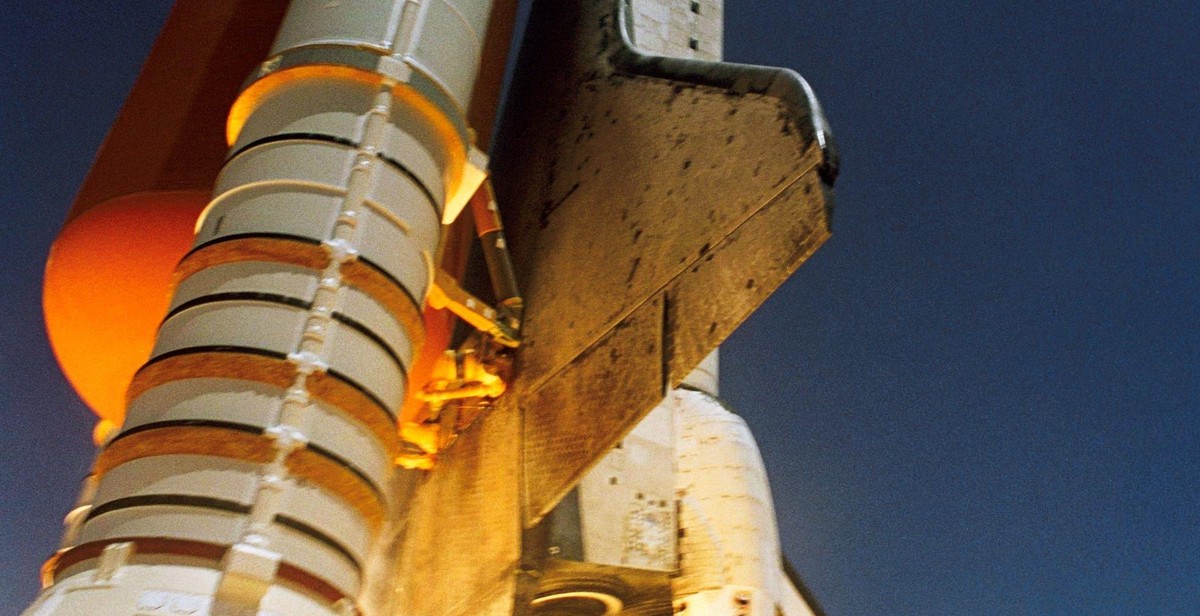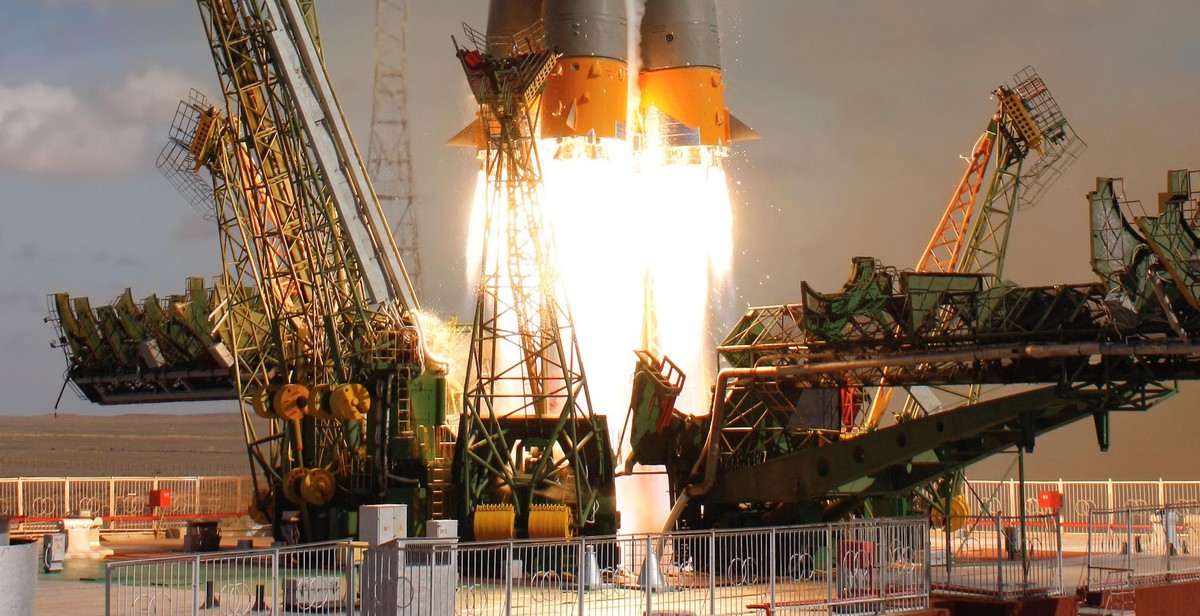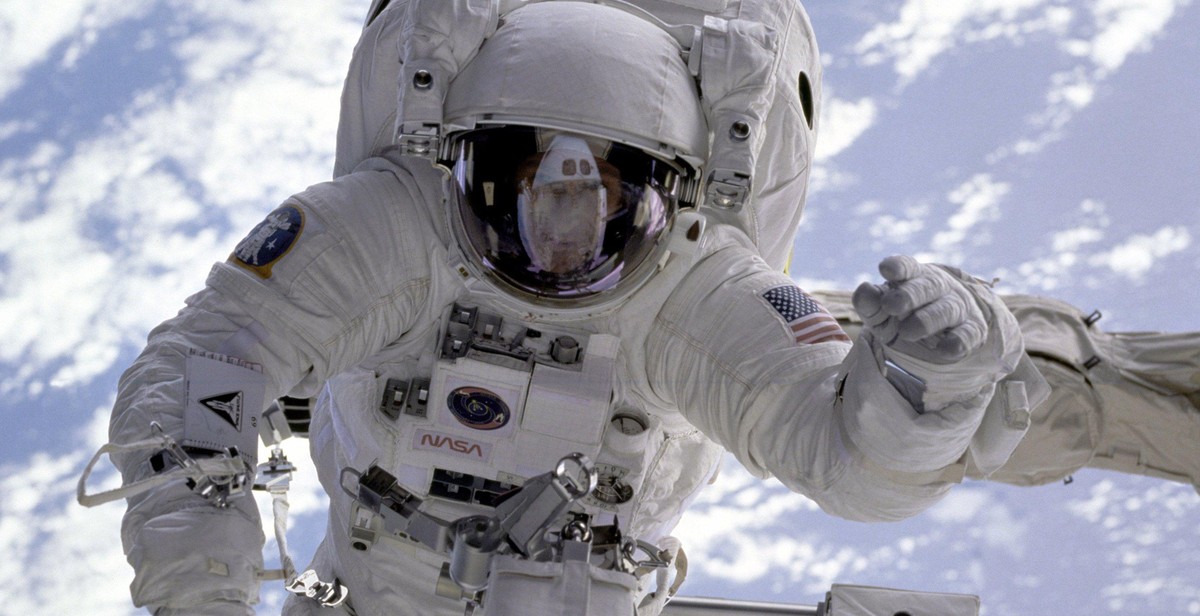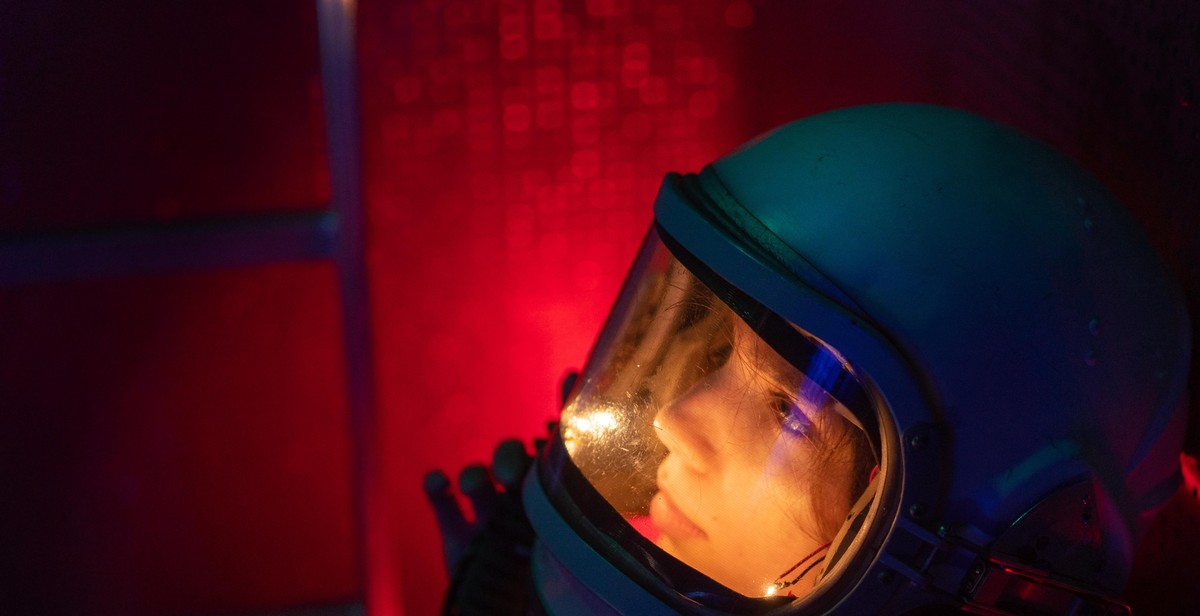Space travel: trend or upcoming reality
Space travel has long been a topic of fascination for people from all walks of life. From the early days of science fiction to the modern era of private space exploration, the idea of traveling beyond our planet has always captured the imagination.
In recent years, there has been a renewed interest in space travel, with companies like SpaceX, Blue Origin, and Virgin Galactic leading the charge. These companies have made significant strides in developing reusable rockets, creating new spacecraft, and even sending private citizens into space.
The potential benefits of space travel
The potential benefits of space travel are numerous. From scientific discoveries to new technologies, space exploration has the potential to revolutionize our world.
- Scientific discoveries: Space travel allows us to study our universe in ways that are impossible from Earth. This has led to numerous scientific discoveries, including the discovery of new planets, stars, and galaxies.
- New technologies: The technologies developed for space travel have numerous applications on Earth, from improving transportation to advancing medicine.
- Resource exploration: Space travel could also allow us to explore and potentially exploit the resources of other planets and asteroids, including valuable minerals and water.
The challenges of space travel
Despite the potential benefits, space travel is not without its challenges. Some of the major obstacles facing space travel include:
- Cost: Space travel is incredibly expensive, and it will likely be some time before it becomes accessible to the average person.
- Safety: Space travel is inherently dangerous, and there is always the risk of accidents or equipment failures.
- Environmental impact: Space travel can have a significant environmental impact, both on Earth and in space.
Despite these challenges, the renewed interest in space travel has sparked a new era of innovation and exploration. Whether it becomes a trend or a reality remains to be seen, but it is clear that space travel will continue to capture our imagination and inspire us to reach for the stars.

History of Space Travel
Space travel has been a dream of humanity for centuries. The first significant milestone in space exploration was achieved on April 12, 1961, when Yuri Gagarin became the first human to venture into space. Gagarin’s spacecraft, the Vostok 1, orbited the Earth for 108 minutes before returning to the Earth’s surface. This historic event marked the beginning of a new era in human history and paved the way for the future of space exploration.
The Space Race
The Space Race was a competition between the United States and the Soviet Union to achieve spaceflight supremacy. The race began in 1957 with the launch of Sputnik 1, the world’s first artificial satellite, by the Soviet Union. This event shocked the United States and led to the creation of NASA in 1958. The Space Race reached its peak in the 1960s with the United States’ Apollo program, which successfully landed astronauts on the Moon. The Soviet Union also had its own lunar program, but it was ultimately unsuccessful.
First Manned Space Flight
The first manned space flight was achieved by Yuri Gagarin, a Soviet Air Force pilot. On April 12, 1961, Gagarin orbited the Earth onboard the Vostok 1 spacecraft, becoming the first human to venture into space. This historic event marked the beginning of human space exploration, and paved the way for future missions.
International Space Station
The International Space Station (ISS) is a joint project between five space agencies: NASA, Roscosmos, JAXA, ESA, and CSA. The ISS is a habitable artificial satellite that orbits the Earth, and is used for scientific research and experimentation. The ISS was launched in 1998, and is the largest human-made object in space. The ISS has been continuously inhabited since November 2000, and has been visited by astronauts from 18 different countries.
| Year | Event |
|---|---|
| 1961 | Yuri Gagarin becomes the first human to orbit the Earth |
| 1969 | Apollo 11 lands astronauts on the Moon |
| 1998 | The International Space Station is launched |
The history of space travel is a testament to human ingenuity and the desire to explore the unknown. From the first manned space flight to the International Space Station, humans have made incredible strides in space exploration. With the advancement of technology and the increasing interest in space tourism, it is clear that space travel is not just a trend, but an upcoming reality.

Advancements in Space Travel Technology
Space travel has come a long way since the first manned mission to space in 1961. Advancements in technology have led to the development of reusable rockets, commercial space travel, and space tourism. These advancements have made it possible for humans to explore space more easily and efficiently.
Reusable Rockets
Reusable rockets are a game-changer in space travel. They reduce the cost of space travel significantly and make it more accessible to private companies. Previously, rockets were only used once and then discarded. However, with reusable rockets, they can be used multiple times, reducing the cost of space travel by up to 30%. Companies like SpaceX and Blue Origin have successfully launched and landed reusable rockets, making space travel more affordable and sustainable.
Commercial Space Travel
Commercial space travel is another significant advancement in space technology. It has opened up space travel to private companies and individuals who can afford it. Companies like Virgin Galactic and SpaceX are working on commercial space travel programs that will allow people to travel to space for leisure or research purposes. This will not only open up new opportunities for space exploration but also create a new industry and job opportunities.
Space Tourism
Space tourism is a growing industry that allows people to travel to space for leisure purposes. Companies like Virgin Galactic and Blue Origin are working on space tourism programs that will allow people to experience zero gravity and see the earth from space. Space tourism is not only a unique and exciting experience but also a way to fund further space exploration and research.
In Conclusion
Advancements in space travel technology have made space travel more accessible, affordable, and sustainable. Reusable rockets, commercial space travel, and space tourism are just a few examples of how technology has changed space travel. As technology continues to improve, we can expect even more exciting advancements in the future.

Challenges of Space Travel
Space travel is an exciting prospect that has captured the imagination of humans for decades. However, despite the many advances in technology, there are still significant challenges that must be overcome if space travel is to become a reality.
Human Health Risks
One of the most significant challenges of space travel is the impact it can have on human health. Extended periods of time in space can cause a variety of health problems, including muscle atrophy, bone density loss, and radiation exposure. Astronauts are also at risk of developing psychological problems such as depression and anxiety due to the isolation and confinement of space travel.
Efforts are being made to mitigate these risks, such as developing exercise regimes and protective shielding to reduce radiation exposure. However, more research is needed to fully understand the long-term effects of space travel on human health.
Costs and Funding
Another significant challenge of space travel is the high cost associated with it. Building and launching spacecraft is an expensive endeavor, and funding for space exploration is often limited. This can make it difficult to pursue ambitious space missions and can limit the development of new technologies.
Efforts are being made to reduce the cost of space travel, such as developing reusable spacecraft and increasing collaboration between space agencies. Private companies are also entering the space industry, which could lead to increased competition and lower costs.
Environmental Impact
Space travel can also have a significant environmental impact. Launching spacecraft requires large amounts of fuel, which can contribute to air pollution and climate change. Debris from space missions can also contribute to the growing problem of space debris, which poses a risk to other spacecraft and satellites.
Efforts are being made to reduce the environmental impact of space travel, such as developing more fuel-efficient spacecraft and implementing regulations to reduce space debris. However, more needs to be done to ensure that space exploration is sustainable and does not harm the environment.
| Challenge | Efforts to Mitigate |
|---|---|
| Human Health Risks | Developing exercise regimes and protective shielding to reduce radiation exposure. More research is needed to fully understand the long-term effects of space travel on human health. |
| Costs and Funding | Developing reusable spacecraft, increasing collaboration between space agencies, and the entry of private companies into the space industry. |
| Environmental Impact | Developing more fuel-efficient spacecraft and implementing regulations to reduce space debris. |

Future of Space Travel
The future of space travel is exciting and holds many possibilities. Here are some of the trends that we can expect to see in the coming years:
Mars Colonization
Many space agencies and private companies are investing heavily in research and development to make human colonization on Mars a reality. Elon Musk’s SpaceX is leading the charge with its ambitious plans to establish a self-sustaining city on Mars within the next decade. NASA is also working on its Mars mission, which aims to send human astronauts to the Red Planet by the mid-2030s.
Interstellar Travel
While Mars colonization is the immediate goal, interstellar travel is the ultimate dream. Scientists and researchers are working on developing faster-than-light propulsion systems that can make interstellar travel a reality. NASA’s Breakthrough Propulsion Physics program is working on developing advanced propulsion technologies that can take humans to the stars.
Space Mining
Space mining is another area of space travel that holds great potential. The asteroid belt between Mars and Jupiter is believed to contain vast amounts of precious metals and minerals, including platinum, gold, and rare earth elements. Companies like Planetary Resources and Deep Space Industries are working on developing technologies to mine these resources and bring them back to Earth.
| Benefits | Description |
|---|---|
| Technological Advancement | Space travel has led to the development of many technologies that are now used in everyday life, such as GPS and satellite communication. |
| Scientific Research | Space travel has allowed scientists to study the universe in ways that would not be possible from Earth, leading to many breakthroughs and discoveries. |
| Resource Exploration | Space mining and exploration can provide access to resources that are scarce on Earth and help to meet the growing demand for these resources. |
| Expansion of Human Civilization | Space travel can provide a way for humans to expand their civilization beyond Earth and potentially colonize other planets. |
